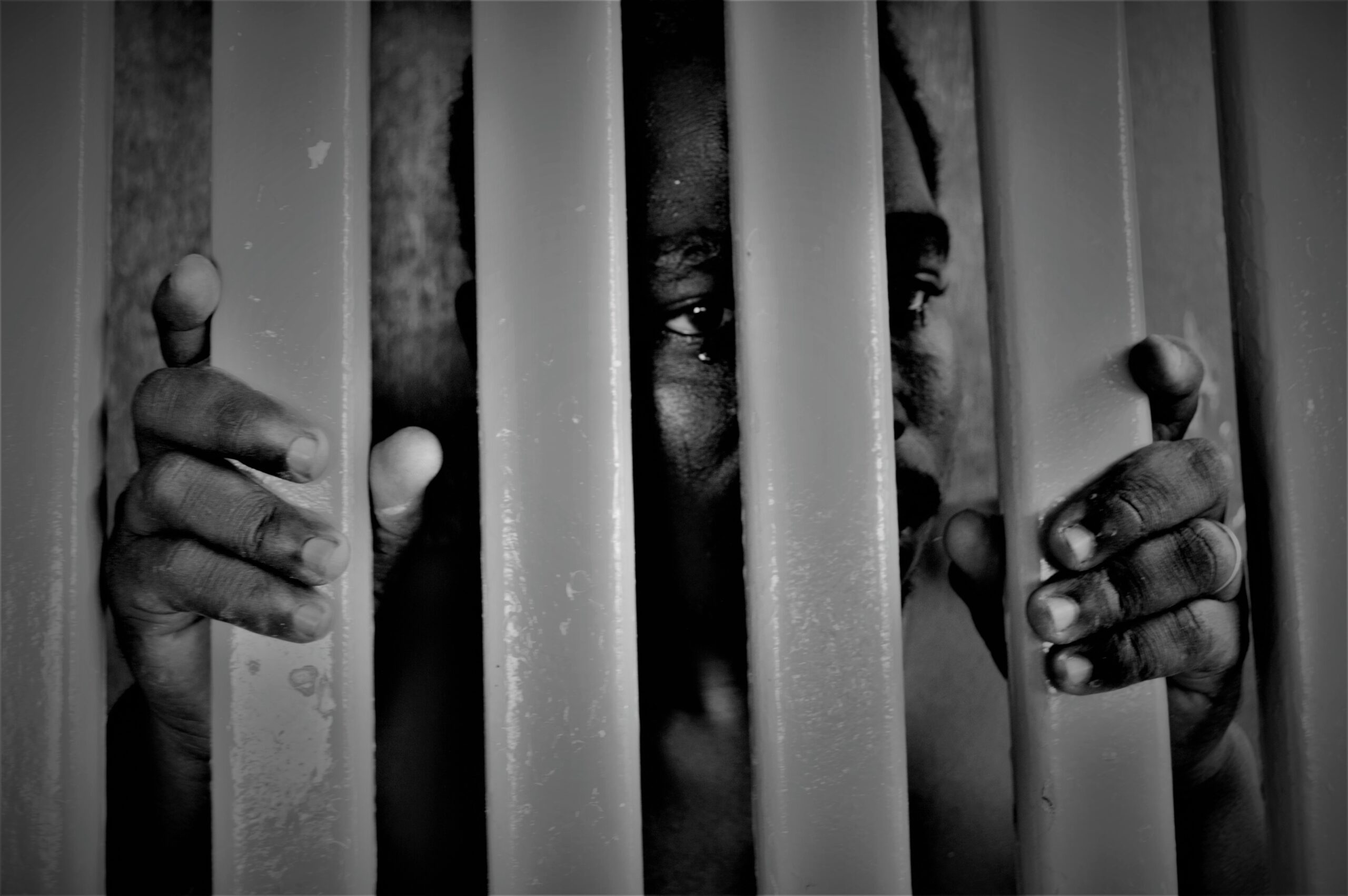The imprisonment of Stanis Bujakera Tshiamala, the Africa Report’s correspondent in Kinshasa, is a severe breach of the press freedom that the Congolese president claims to champion.
There are journalists whose expertise demands respect, journalists so well-informed that they irk the powerful, journalists who refuse to yield under pressure. In Félix Tshisekedi’s Congo, Stanis Bujakera Tshiamala’s mistake was to embody all these traits.
Stanis serves as Jeune Afrique’s correspondent in Kinshasa. He is also the deputy director of the site Actualité.cd and a contributor to the Reuters agency. It has been over a week since he was arrested by judicial police officers. On 11 September, he was held under provisional arrest, and this Thursday, the 14th, he was confined in Makala prison, where he now remains in preventative detention.
A democratic Republic of the Congo cannot imprison journalists.
Let’s start by emphasising that there are perfectly legal ways to issue a rebuttal, without needing to accuse a journalist, or the media outlet employing them, of seeking to “discredit governmental actions”.
If the criticised document is a blatant forgery, a “fake news” concocted by “malicious people” as the Congolese interior minister indignantly claimed in a letter received after Stanis’ arrest, then this should be easily demonstrable. Up to now, we have received no concrete proof showing we were misled. Nonetheless, this is a conversation we are ready to have.
It becomes quite clear that if our journalist is currently accused of “spreading false rumours”, it’s not solely because of this attributed article. What the investigators desire is to force Stanis to reveal his sources. It’s about silencing the most influential journalist in the DRC, the most followed in his country on X (formerly Twitter), and, through him, anyone tempted to approach their work with dedication and integrity three months before a pivotal election. This is clear, and it is unacceptable.
‘The problem is that you are not with us’
For several months, Stanis had faced pressure. Some of his high-ranking contacts had already reproached him for his unbending nature, his persistence in reporting the facts impartially, and above all, giving voice to all parties.
Stanis knew in these times of war in the East and approaching a presidential election, staying neutral is often frowned upon. “You are my younger brother, but the problem is that you are not with us,” a government member once told him with feigned concern.
“Neither with you nor against you,” Stanis replied. “I won’t be able to protect you always,” the person concluded. The threat was clearly articulated.
This conversation, Stanis had shared with us, and when we asked how we could help him, he said: “Nothing if it comes at the cost of my journalistic freedom,” fearing his independence might eventually become a shameful bargain. Of course, that was out of the question.
At that time, a minister (of Defence, who has since been replaced) had filed a complaint against Stanis, accusing him of tweeting remarks made during a ministerial meeting, as noted in a public statement. A ludicrous situation. The complaint eventually disappeared thanks to another government member’s intervention, but Stanis knew more intimidation attempts would follow.
Insults and threats on social networks
Even his surname had brought heaps of insults and threats on social platforms. The reason was the “Bujakera” attached to his last name in homage to a friend of his father from Nord-Kivu. It didn’t matter to his “haters” that Stanis hailed from Kasaï-Oriental, just like Félix Tshisekedi.
Jeune Afrique has already denounced this xenophobia that became even more alarming as the Congolese authorities seemed to respond with indifference. Stanis had alerted several of his contacts within the government, drawing their attention to the fact that many of these accounts pouring hatred online were affiliated with the ruling party.
“You’re exposing yourself too much; I can’t put a police officer behind each of your steps,” a minister had replied. Stanis wasn’t asking for that. He simply wanted the harassment and intimidation to stop.
On 20 September, Tshisekedi will address the United Nations General Assembly in New York. He will undoubtedly call on his counterparts to condemn Rwanda, which he accuses of supporting the M23 rebels who took up arms again at the end of 2021 in eastern DRC.
We hope that by then, Stanis Bujakera Tshiamala will have regained his freedom. If not, will the Congolese president spare a thought for our colleague and friend, whose immediate release is being demanded by several embassies (starting with the US embassy in Kinshasa)?
We won’t insult him by thinking he’s unaware of the situation the most prominent Congolese journalist finds himself in, a journalist recognised for his professionalism and who, during the last electoral campaign, was one of the few, if not the only one, to closely follow his journey as a candidate. We also won’t insult him by assuming he’s oblivious to the fierce power struggle unfolding within his security services.
What we ask of him is to ensure Stanis Bujakera Tshiamala doesn’t pay the price.
Democracy is not decreed; it is proven
Democracy cannot be decreed, Tshisekedi knows this, being the son of an emblematic opponent of Mobutu and Kabila. Democracy is not proven by the soaring speeches or the spectacular announcements of reforms that remain on the shelf. Democracy is demonstrated daily by deeds, respect for freedoms, and the rule of law.
A democratic Republic of the Congo cannot imprison journalists.
Anne Kappès-Grangé is the Editor-in-chief of Jeune Afrique.
Article was first published in The Africa Report.
Photo by Irmeyasom via Iwaria.

